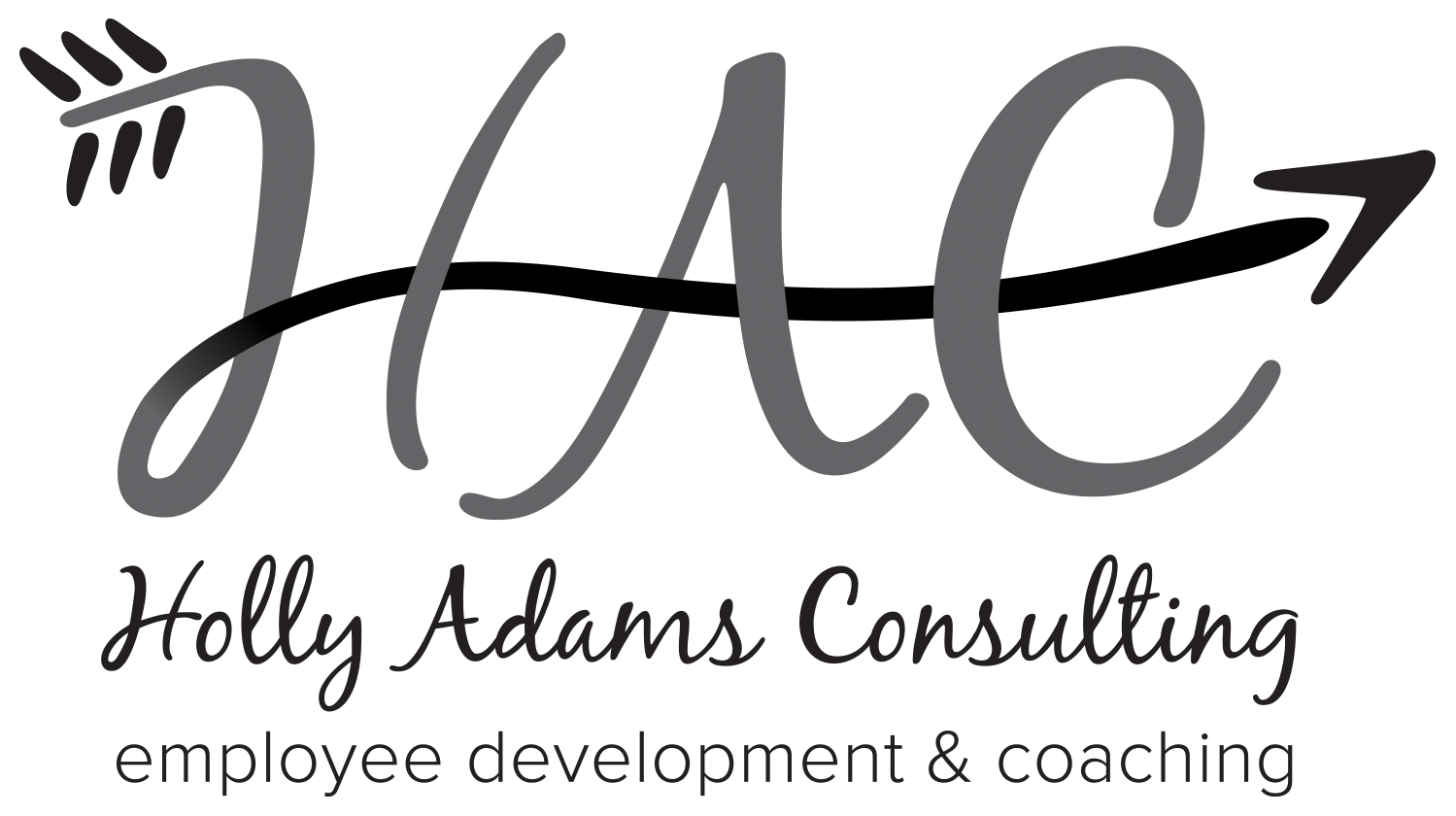“We cannot choose our external circumstances, but we can always choose how we respond to them”
– Epictetus
I’m not really a podcast person. I understand the appeal. But I can read much faster than (most) anyone can talk. And honestly, when I have the chance to ‘listen’ to anything, it’s music. Loud music.
However, I found myself pounding out some miles on the treadmill this weekend and I wasn’t finding any music to match my mood, so I listened to a podcast by a popular blogger/author. The podcast contained excerpts from a keynote address she’d given at a recent conference. The other speakers at the conference offered self-help ideas and inspirational messages, but she took a different approach. She validated the other speakers’ information and then also suggested we recognize the things that will trip us up. The things that can derail our intentions and throw us off course. She listed things like other people’s opinions, our own lack of motivation, and life events like illness and unexpected major expenses. It was certainly not meant to be demotivating, but meant to acknowledge the things we give attention and energy to that are beyond our control. The lesson: these things are going to happen, no matter what we do. And the real opportunity to grow is in we handle/react to the things we can’t control.
The podcast was a perfect complement to the work I’ve been doing with a client who suggested we use The Daily Stoic Journal as part of the self-awareness journey. Stoicism, in this respect, doesn’t mean lack of expressed emotion. In basic terms, the philosophy of stoicism recognizes that the only things we can truly influence are our thoughts, judgments and actions. That’s it.
I don’t subscribe to all of tenets of the stoic concept but its basic premise resonates with me. I am grateful for the suggestion to learn more about stoicism and thrilled to have found a client willing to dive so deep with me. I love how applicable this philosophy is to both personal and professional development. And here’s why: Aside from being a very helpful mindset, I’m not very good at it (yet!). So I have a healthy respect for the learning process as I go through it myself.
I believed – and still do in many respects – that if I did all the “right” things, mostly all the “right” things would happen as a result of my efforts. But guess what. And maybe you already know this?! Life does not work like that. Unfortunate events happen to people doing the “right” things all the time.
We can’t control the less than ideal events. But we can control how we respond to them.
I see this opportunity for leaders on a regular basis. Every day, leaders must respond to things they are unable to control. Some days, it’s a personnel issue or a facilities problem. Other days, it’s the need to learn a new system or the demand to pivot on a sales plan.
Whatever the external event is, the only thing you can control is how you respond to it. In a leadership position, your example is paramount as others look to your response as the example to emulate.
Is your response to external events an example you want your colleagues to follow?
https://www.linkedin.com/in/holly-adams-54b1b914/
https://www.facebook.com/HollyAdamsConsulting/


